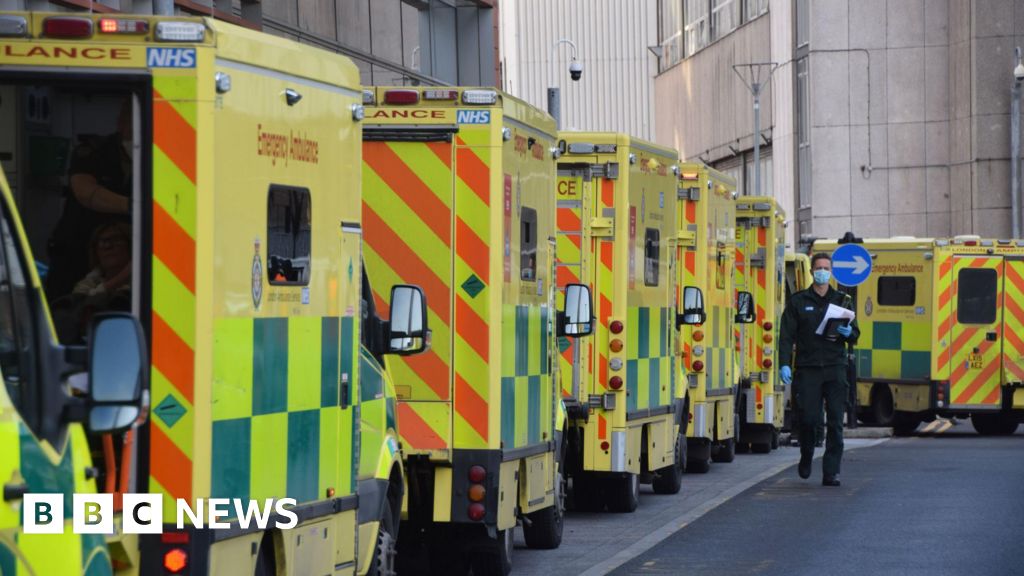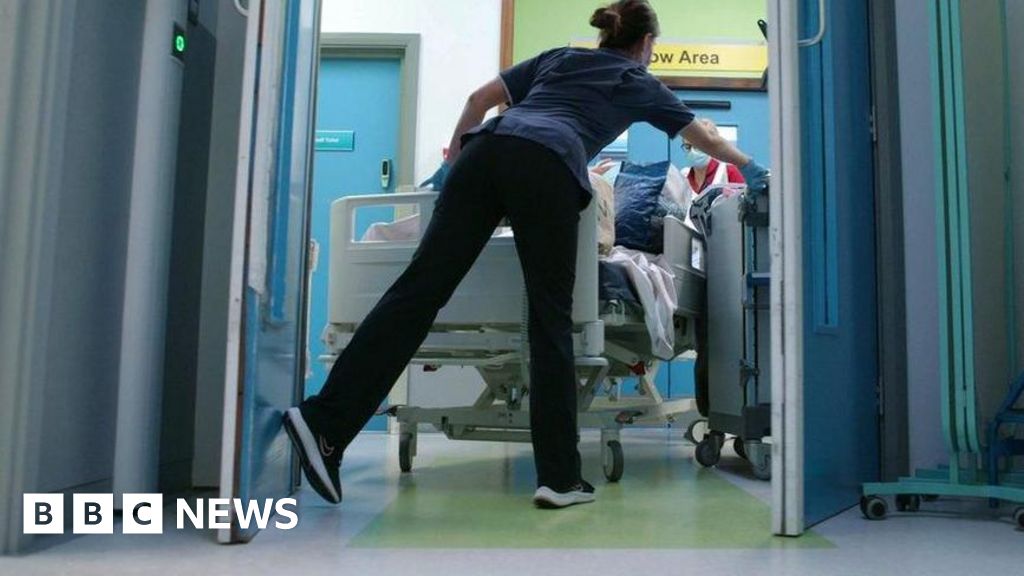ARTICLE AD BOX
 Image source, Getty Images
Image source, Getty Images
By Nick Triggle
Health correspondent
Patients are at risk of having serious health conditions missed because of the lack of continuity of care provided by GPs, the NHS safety watchdog says.
Investigators highlighted the case of a man who was seen by eight different GPs before his cancer was spotted as an example of what can go wrong.
Providing continuity of care should be in the GP contract, the Health Services Safety Investigations Body said.
But the government said GPs should already be prioritising this.
As part of its investigation, the watchdog spoke to patients and GPs, as well as analysing data and publishing an in-depth review of the care one particular patient received.
'Stark example'
The 67-year-old patient, known as Brian, who had learning disabilities, schizophrenia and dementia, had received treatment for breast cancer, but had been discharged from the service.
Two years later he started developing pain in his back.
Over the following eight months, he saw two out-of-hours GPs and six GPs based at his local practices as well as a physio and GP nurse, before he was sent for a hospital check-up in late 2020.
A secondary cancer had developed on Brian's spine, but it was too late to offer him curative treatment and he was given end-of-life care. He has since died.
The watchdog said the lack of continuity of care resulted in the diagnosis of Brian's cancer being missed.
One of the key problems was that the different GPs he saw missed the fact he was attending repeatedly for the same issue.
He was also going to appointments for other health problems, so his records contained a lot of information.
Senior investigator Neil Alexander said Brian's case was a "stark example" of what can happen when there is a breakdown in continuity of care.
"He told our team 'when I am gone, no-one else should have to go through what I did'."
Increasingly difficult
The report was critical of the fact there is no specific requirement within the GP contract to ensure practices provide continuity of care - and urged the government to address this.
It said that did not necessarily mean always seeing the same GP, but sharing information in an efficient way.
It said many IT systems used by GPs did not allow doctors to access clinical histories and information quickly and easily.
GPs interviewed said staffing difficulties and pressures on services meant continuity of care slipped down the priority list.
Image source, Getty Images
Mr Alexander said it was clear some practices were doing better than others.
But he added: "We could see that all want to deliver the best care they can, but the extreme pressure of workloads and having to prioritise other essential requirements makes it very difficult."
A spokesman for the Department of Health and Social Care said continuity of care was "important", which was why all patients must be given a named GP to take charge of their care.
He said all practices must try to comply with "reasonable requests" to see a particular GP too.
The Royal College of GPs said changing the contract would not solve the problem on its own.
"Delivering continuity of care is becoming increasingly difficult as GPs and our teams struggle with intense workforce pressures and patient need growing in both volume and complexity," said the college's vice-chair Dr Victoria Tzortziou-Brown.

 1 year ago
22
1 year ago
22








 English (US) ·
English (US) ·